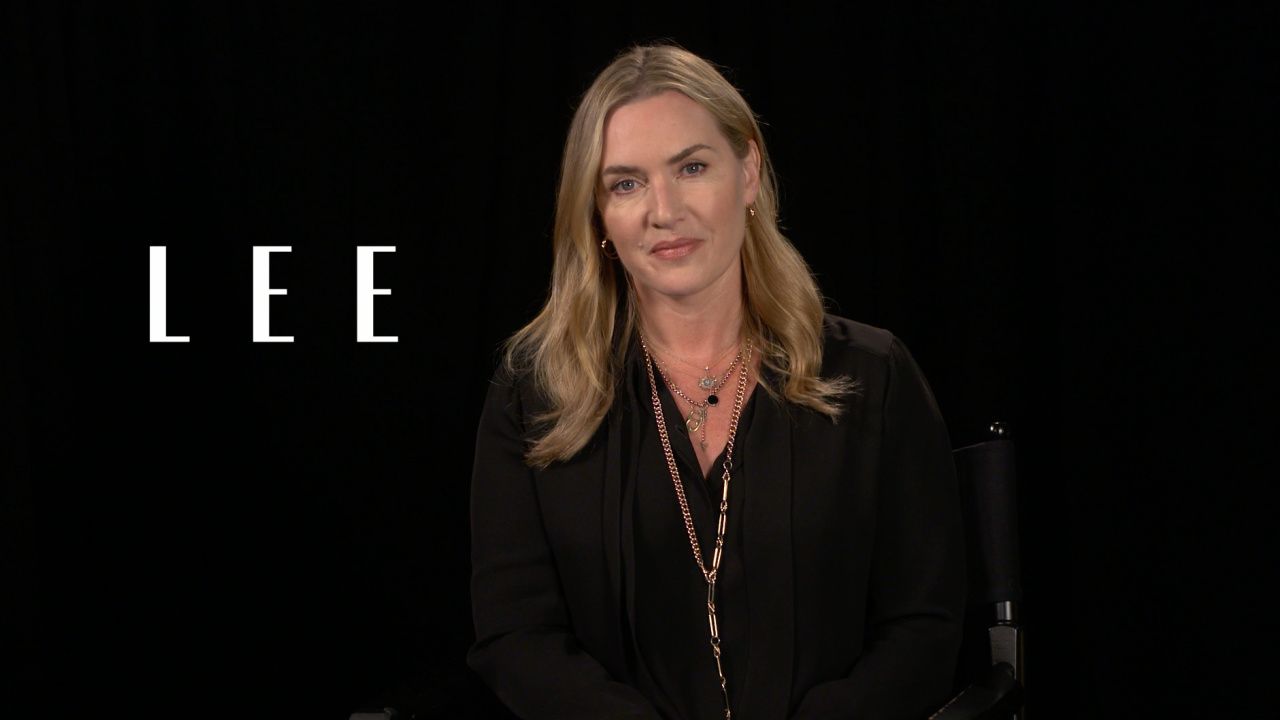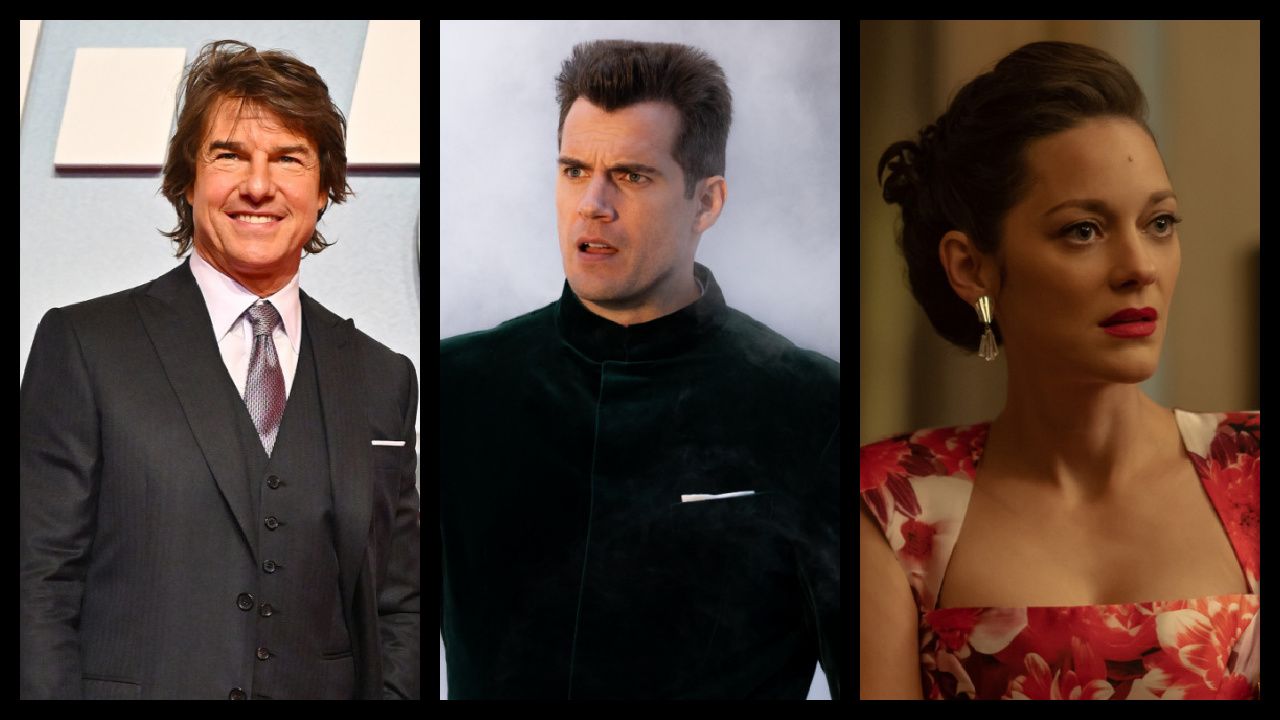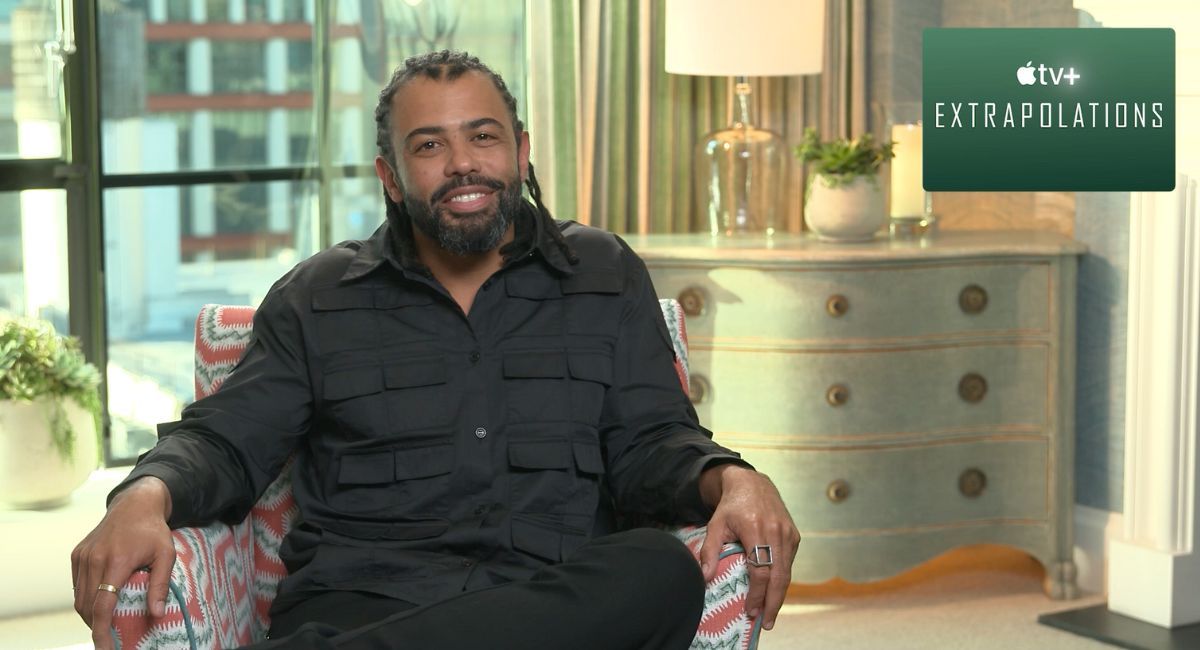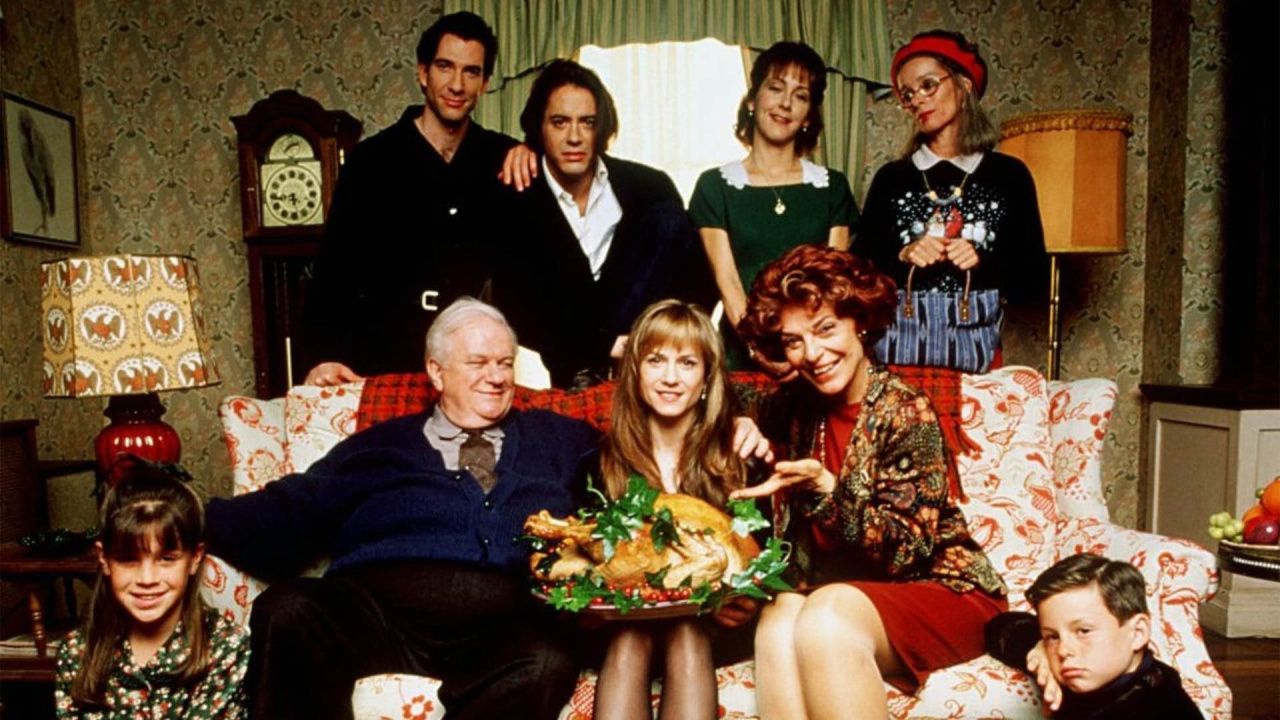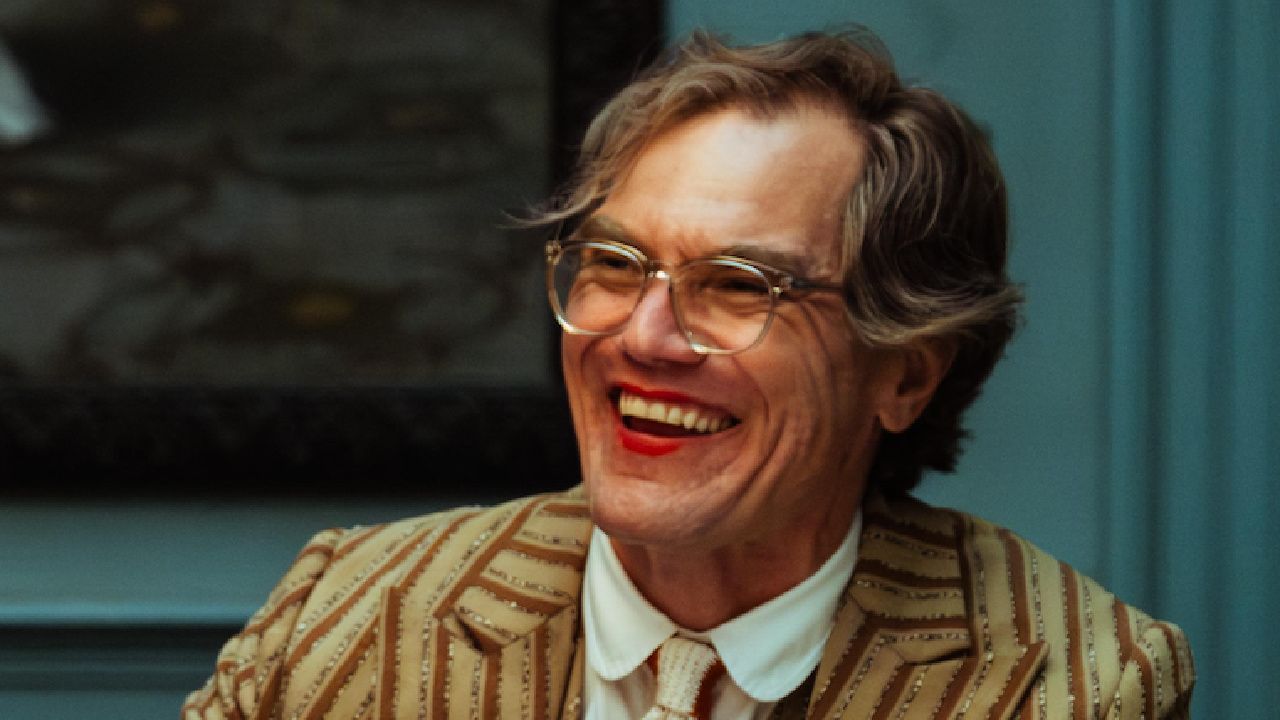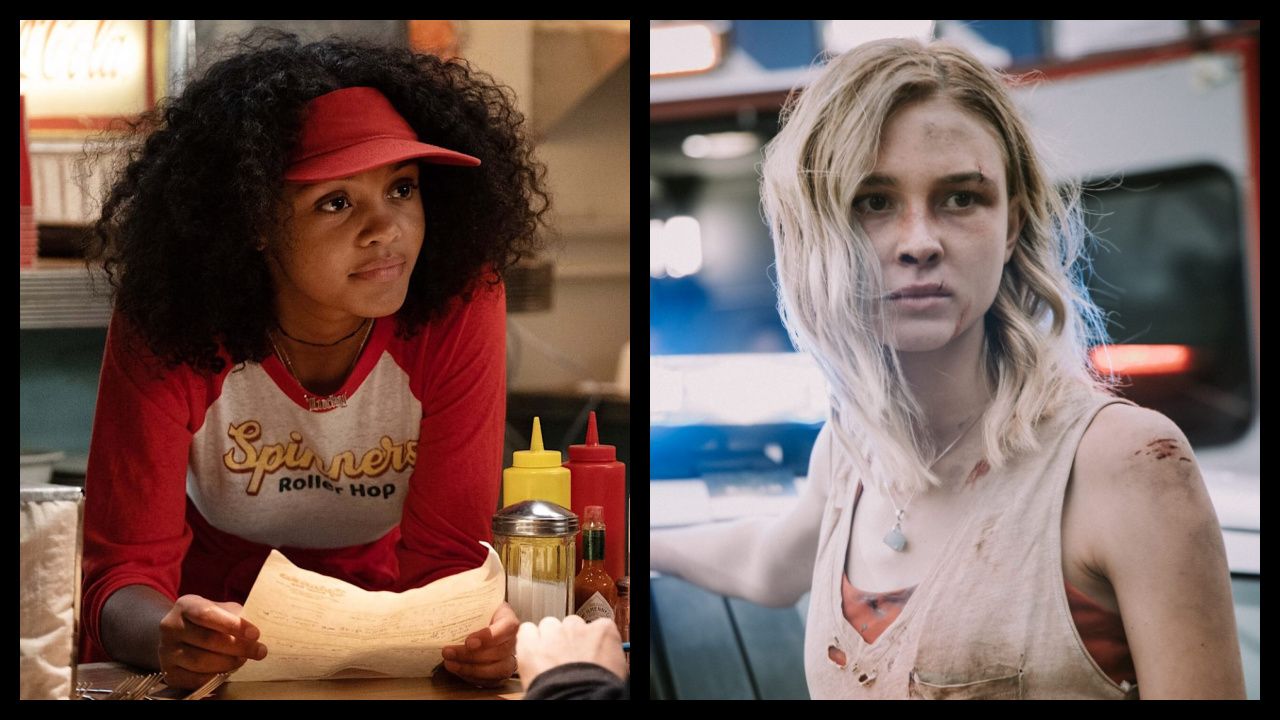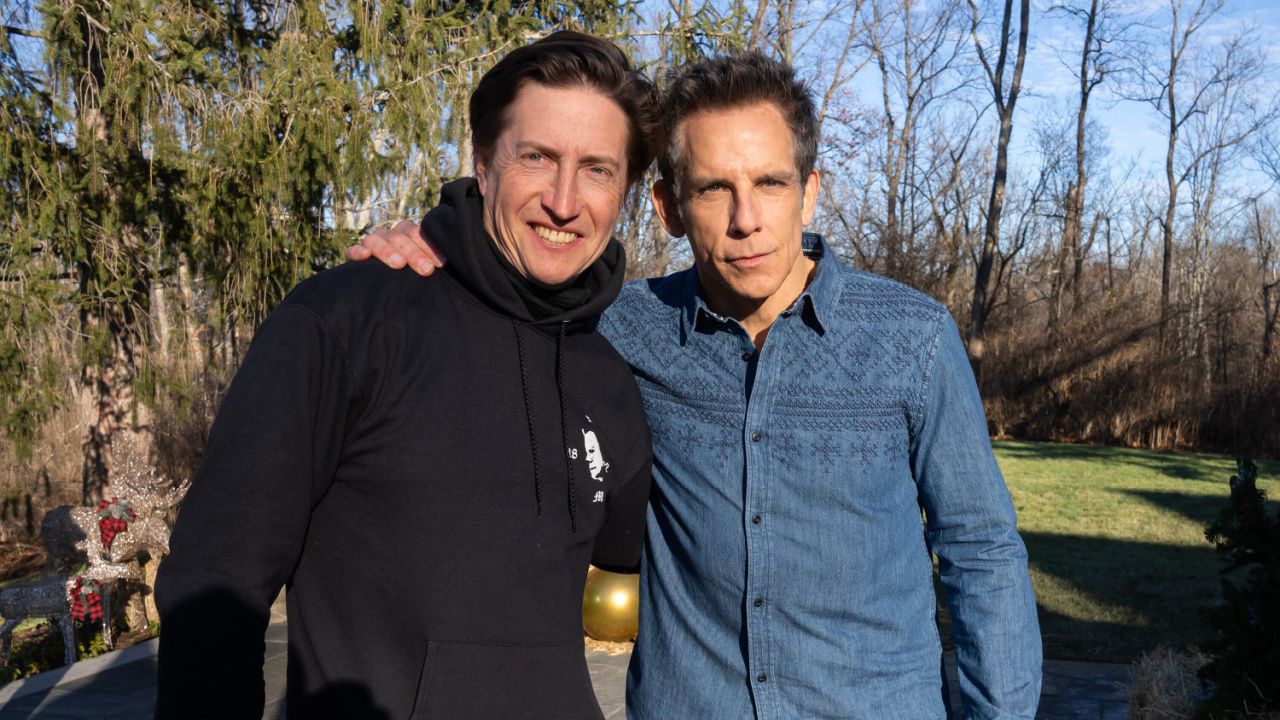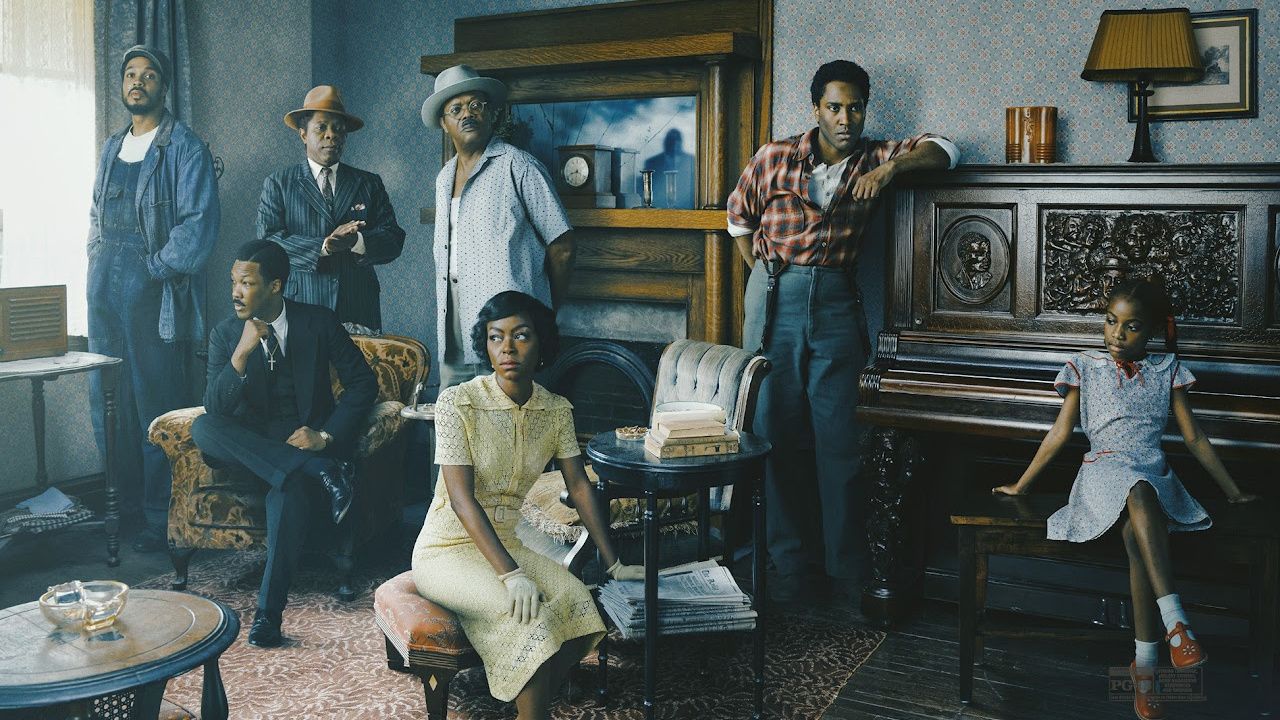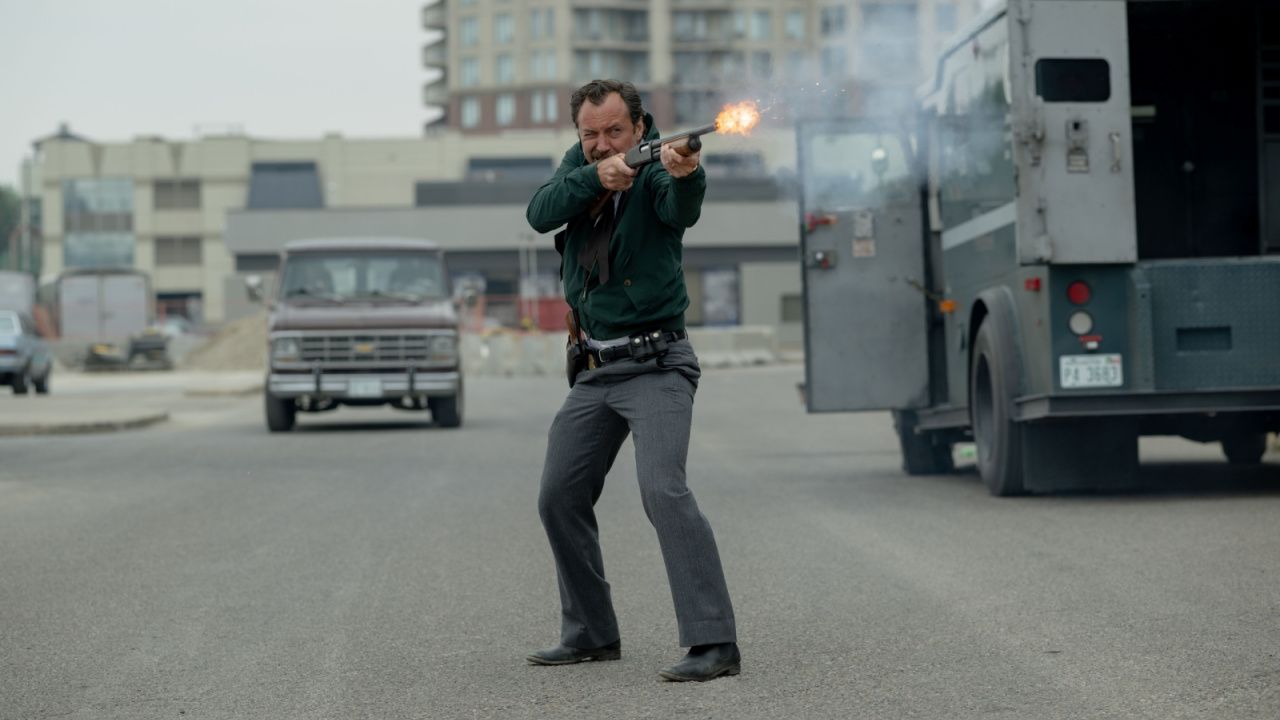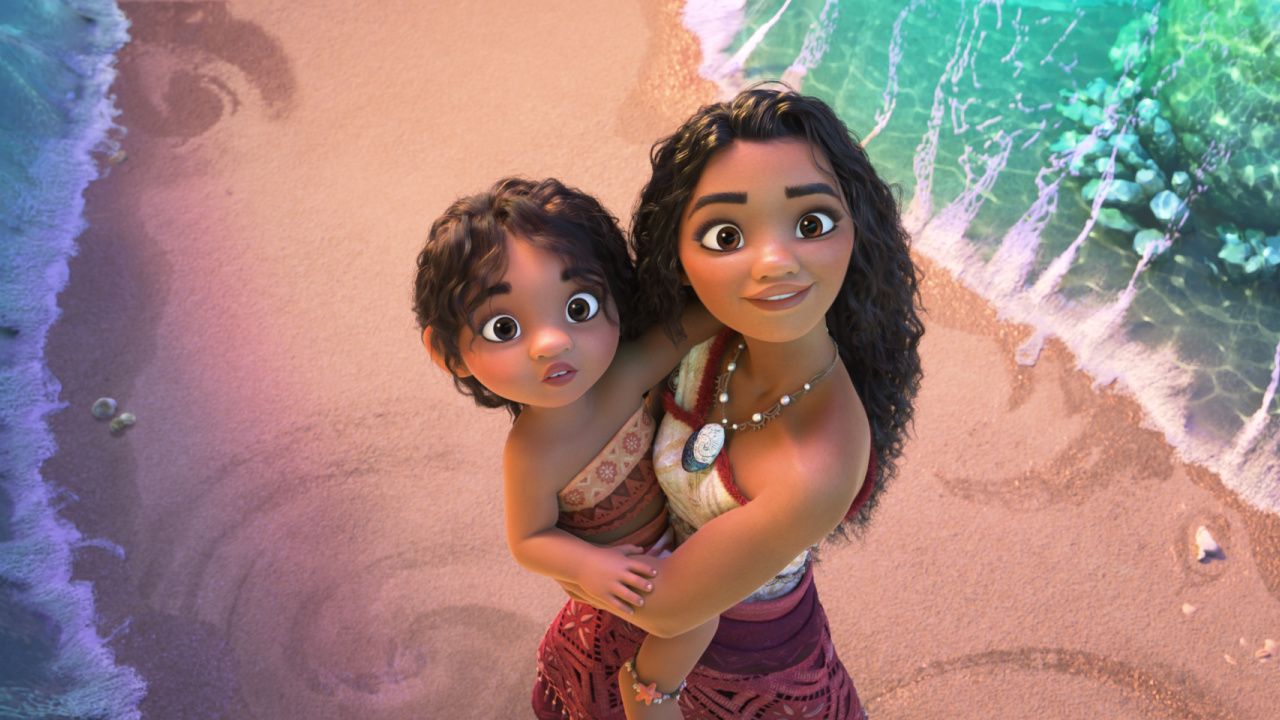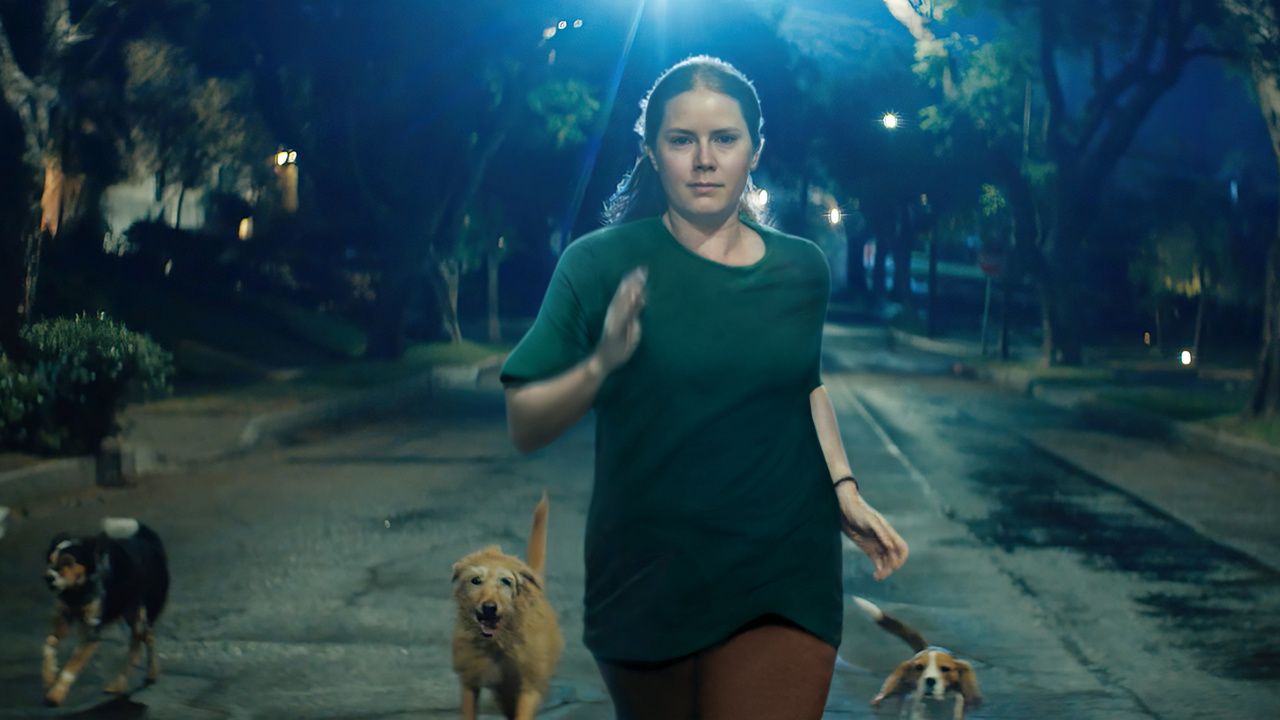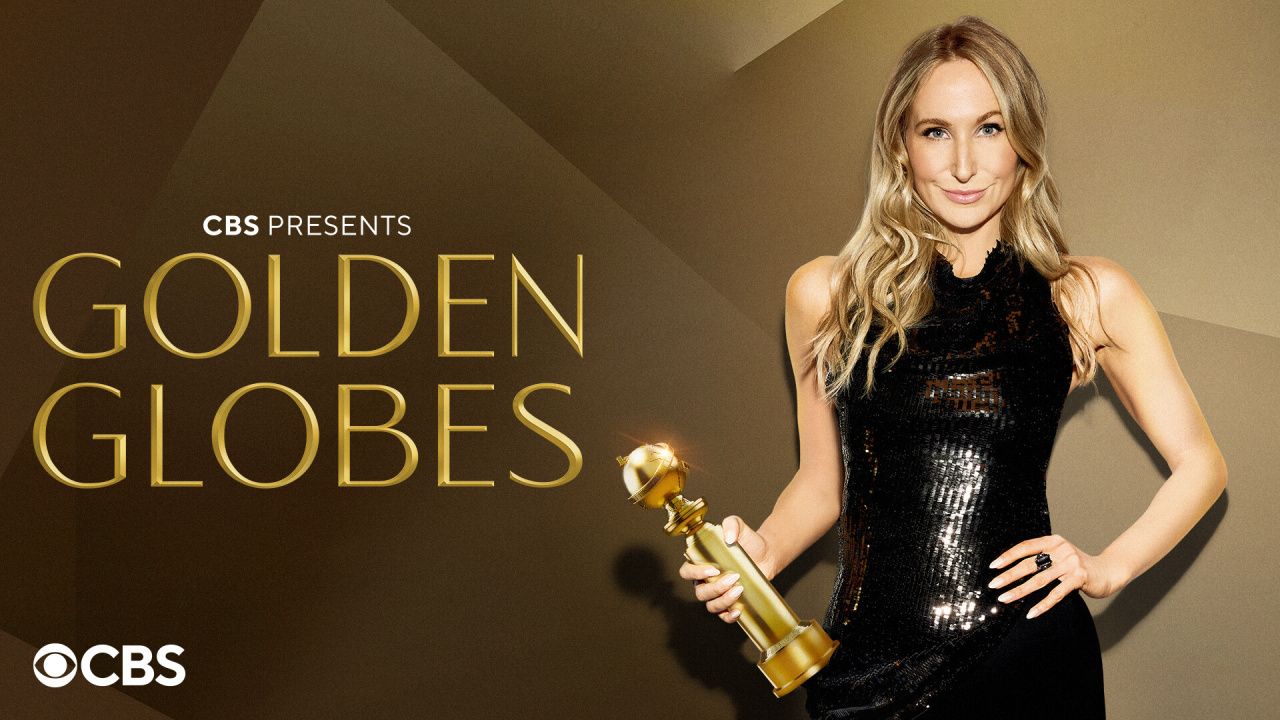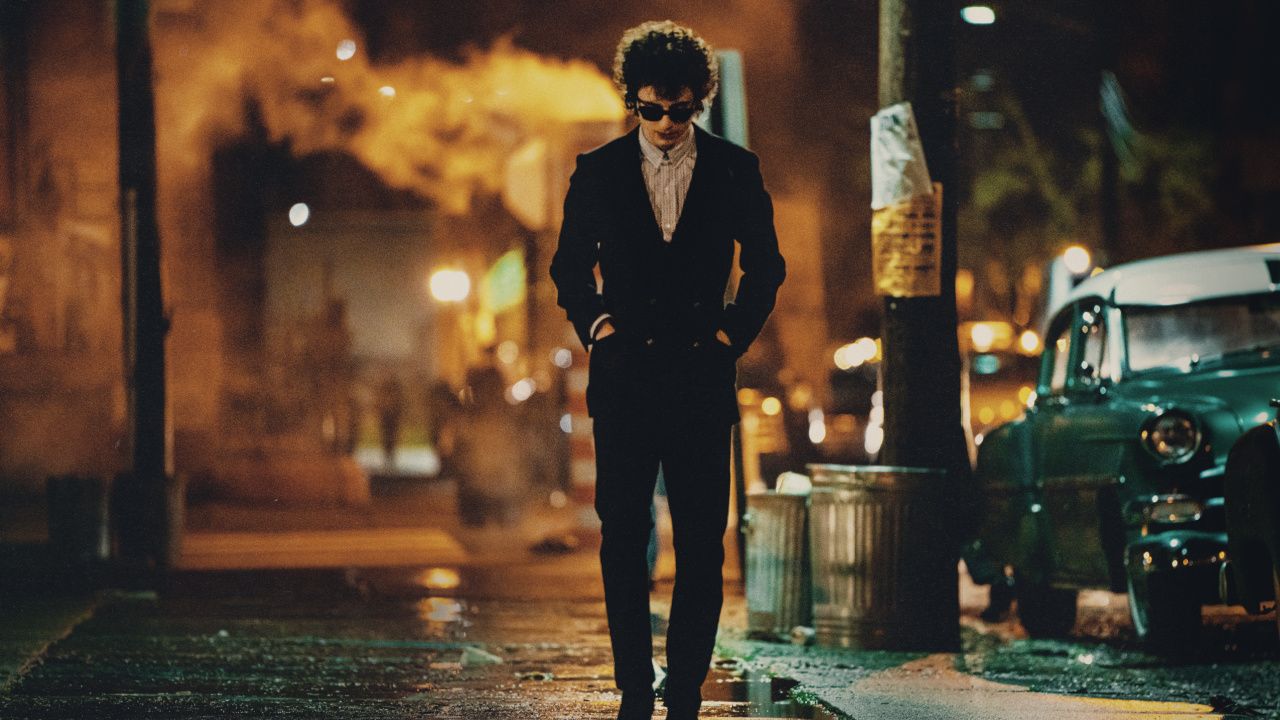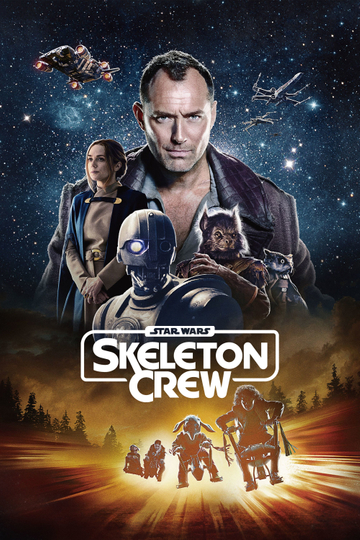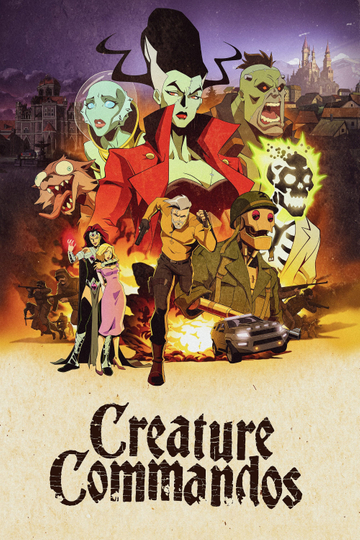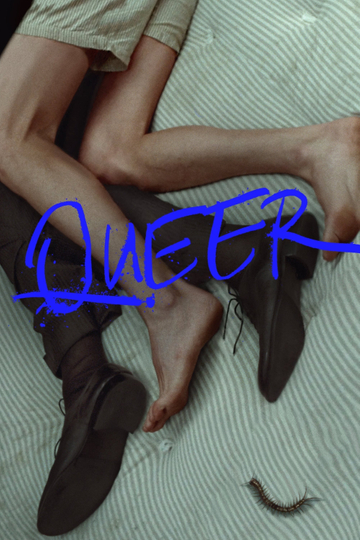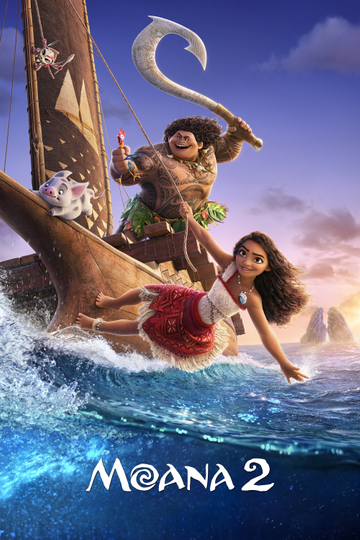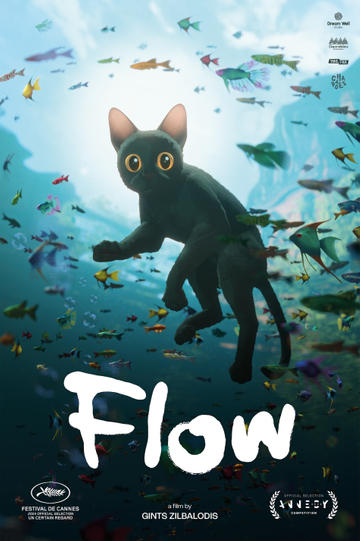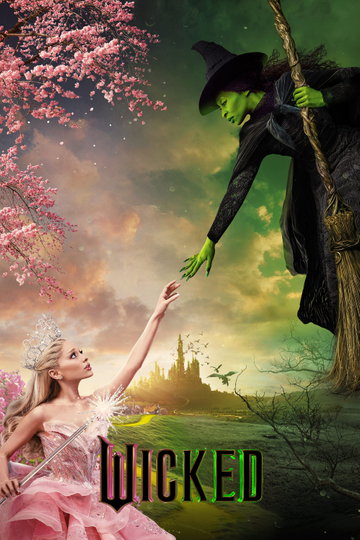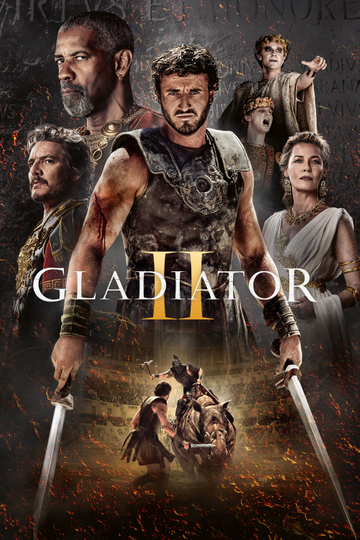Kate Winslet is Great, But ‘Lee’ Follows a Stock Biopic Formula
‘Lee’ tells the story of a very unconventional woman in the most conventional terms possible, stopping Kate Winslet from every truly bringing her to life.
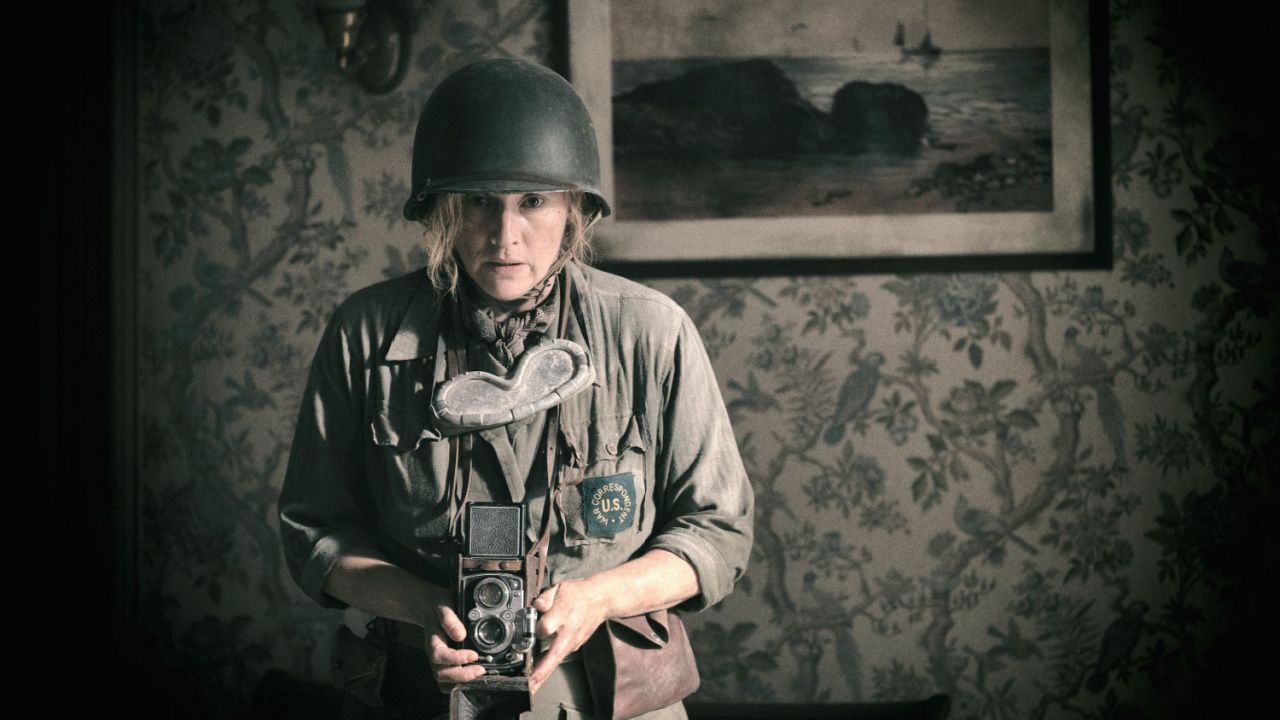
Kate Winslet 'Lee'. Photo: Roadside Attractions & Vertical.
Opening in theaters September 27th is ‘Lee,’ directed by Ellen Kuras and starring Kate Winslet, Josh O’Connor, Andrea Riseborough, Andy Samberg, Alexander Skarsgård, and Marion Cotillard.
Related Article: Kate Winslet Talks 'Lee'
Initial Thoughts
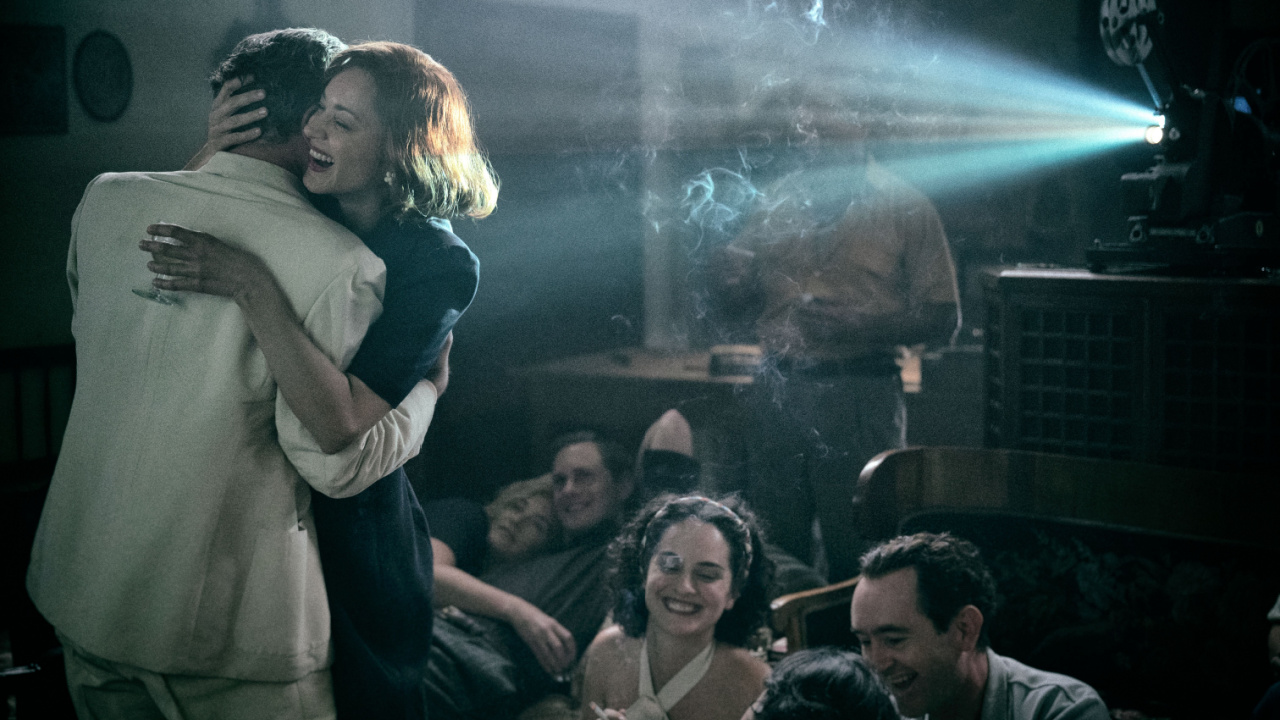
(L to R) Marion Cotillard and Noemie Merlant in 'Lee'. Photo: Kimberley French.
Lee Miller is considered one of the greatest and most important war photographers of the 20th (or any) century, with her images from World War II – the horrors inside a concentration camp, the unspeakable contents of an abandoned train on its way to one of the camps, the haunted faces of both soldiers and survivors – not only indelible but crucial to documenting the defining cataclysm of modern human civilization.
And while ‘Lee,’ the new film from first-time director Ellen Kuras, doesn’t skimp on the visual side either, it follows a very predictable path that is the curse of all biopics these days: the film bounces from incident to incident, bound to a repetitive show-and-tell structure that recounts a lot of Miller’s adult life yet never delves deeply into their meaning or emotional aspects. The result is more museum piece than motion picture.
Story and Direction
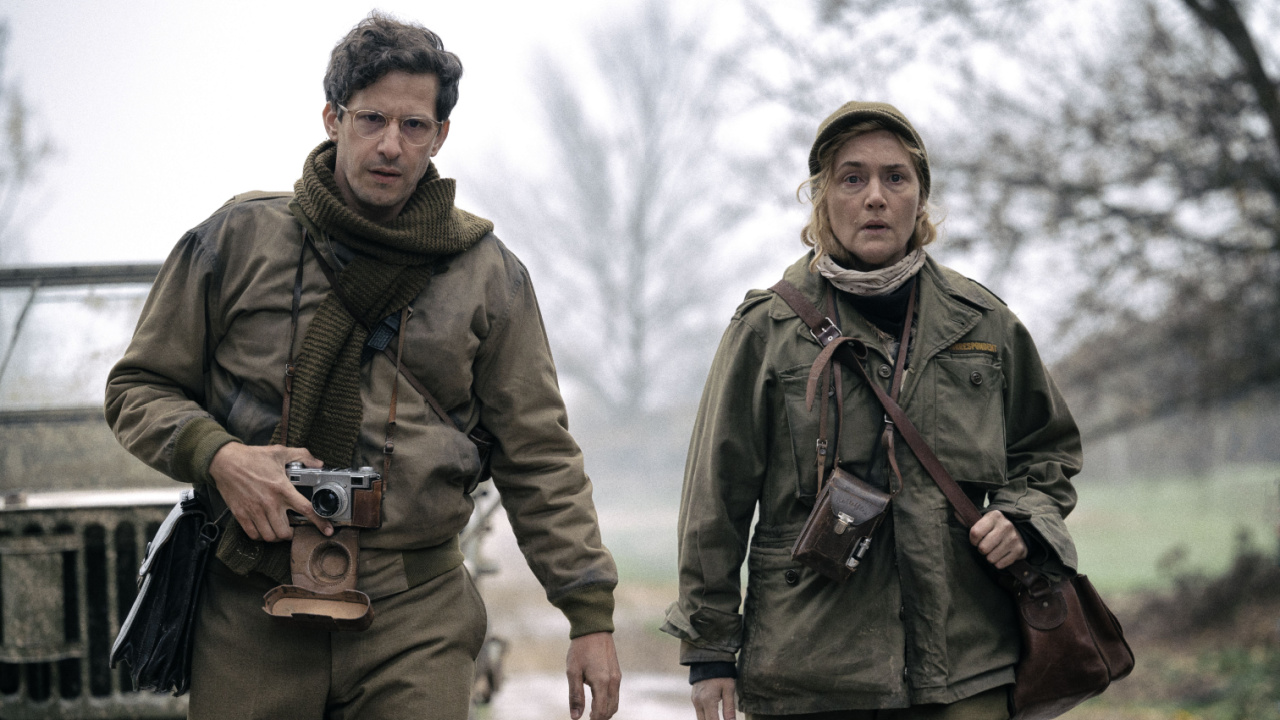
(L to R) Andy Samberg and Kate Winslet in 'Lee'. Photo: Kimberley French.
Like most biopics these days, ‘Lee’ begins in the middle of the story – in this case, Miller’s first time shooting photos on a battlefield – and then flashes back to tell us how she got there. Or rather, it flashes both back and forward: the movie then sets up a future timeline in which an aged Miller (Kate Winslet) grudgingly tells her story to an interviewer (Josh O’Connor from ‘Challengers’) who apparently has no idea of her life’s work.
This intrusive narrative device (which it took four credited writers to decide upon) recurs throughout the film, as does a gravelly voiceover from Winslet, both of which signal than the film is going to lead us gently by the hand through the narrative instead of letting it unfold on its own terms.
Even with that, by the time the main thrust of the story gets going, we meet Miller when she has already abandoned her early career as a fashion model in the 1920s and ‘30s and struck out as a photographer in her own right. She’s first seen hanging out topless (along with other women) at a picnic in France, but we have little context for this or the bohemian group of friends she’s with. “I was good at drinking, having sex, and taking pictures, and did all three as much as I could,” says Miller in what’s supposed to be character development.
‘Lee’ is the kind of biopic that expects us to have done our homework beforehand – when Miller meets the love her life, Roland Penrose (Alexander Skarsgård), their almost perfunctory tumble into bed mere hours later seems more baffling than erotic. But Winslet and Skarsgård never quite have the time to develop any real chemistry onscreen after that.
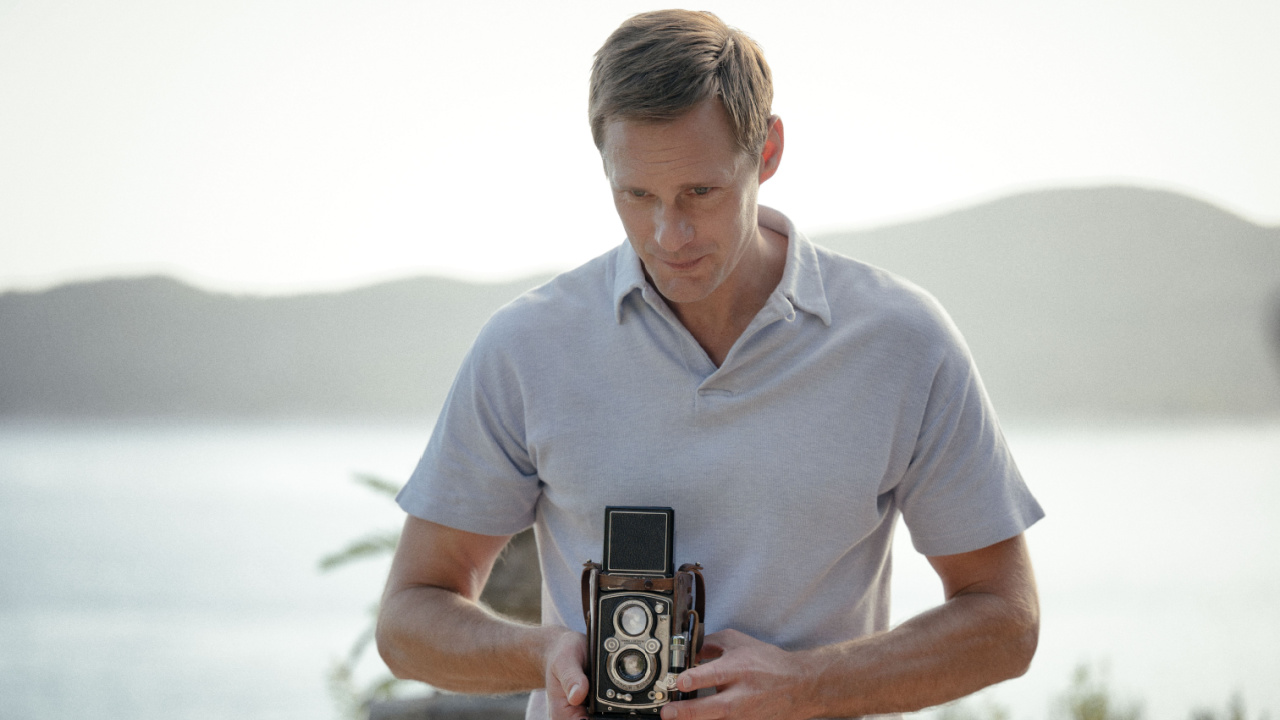
Alexander Skarsgard in 'Lee'. Photo: Kimberley French.
Miller keeps fighting for the chance to go to Europe to shoot the escalating war, but the U.K.’s patriarchal rules of the day forbid it, until she goes around her British editors at Vogue and appeals to her American ones. “It happened so slowly, yet kind of overnight,” says Miller in her voiceover about Hitler’s conquest of Europe, which plays out offscreen during a montage of Miller’s days at Vogue before she finally gets the nod to go to Europe and catch up to the movie’s opening scene.
The bulk of the film is set during Miller’s time near or on the front, where she heads out with fellow photojournalist David Scherman (Andy Samberg) -- who may or may not be in love with her but who remains a strictly platonic friend and colleague -- to chronicle the war. From there, the movie takes us episodically through the staging of a handful of Miller’s most famous photos, while touching tangentially on sexism, Miller’s own alcoholism (although she seems to conquer both with relative ease), and the fraying of her marriage to Penrose.
The film’s third act is saddled with not one, not two, but three reveals, all of which come far too late in the game. One is a scene between Miller and her Vogue editor, Audrey Withers (Andrea Riseborough), in which Miller confides a devastating episode from her childhood but seems here almost like an afterthought. The other two depend on the film withholding information in a way that makes them seem like cheap tricks rather than important twists.
Ellen Kuras, a longtime cinematographer making her feature directorial debut here, shoots ‘Lee’ beautifully as one might expect, with the early sun-drenched vistas of France giving way to the darker grays, browns, and blues of a war-devastated Europe. But Kuras, like the cast, can’t get around the checklist nature of the script to make us truly feel or understand anything that happens in the film.
The Cast
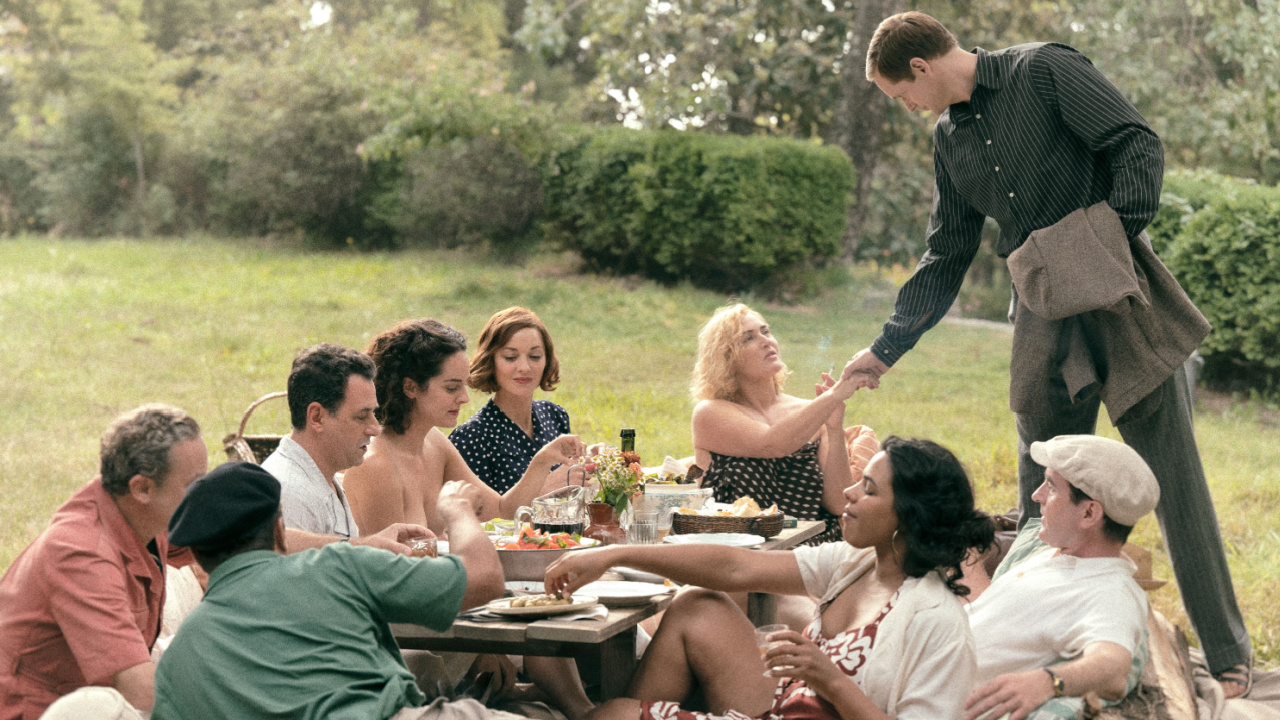
(L to R) Noemie Merlant, Marion Cotillard, Kate Winslet, and Alexander Skarsgard in 'Lee'. Photo: Kimberley French.
If you’re not already in the camp that regards Kate Winslet as one of the greatest actors of her generation, then ‘Lee’ is not the place to start (we’d go with ‘Mare of Easttown,’ ‘Little Children,’ or ‘Mildred Pierce,’ for starters). It’s not that Winslet isn’t as terrific as always here – she is. Her Lee is a fighter all the way, but only has a couple of scenes in which to fully showcase the scope of both her humanity and her own motivations. The Lee Miller we see in the film only comes to life sporadically, and is seemingly driven only by the needs of the narrative.
The rest of the cast falls prey to another typical biopic convention: cast enough well-known actors as people we’re supposed to know, and let their star wattage do the work. Everyone is good as far as it goes, but the film has this air of pre-supposing that you’ll know who Marion Cotillard’s Solange d'Ayen is and fill in the blanks yourself. Only the chameleonic Riseborough makes somewhat of a lasting impression as British Vogue editor Audrey Withers. There is also the token “comic actor taking on a serious role that will surprise you” – in this case it’s Andy Samberg as David Scherman, who again has no real life save that he follows Lee around like a puppy.
Final Thoughts
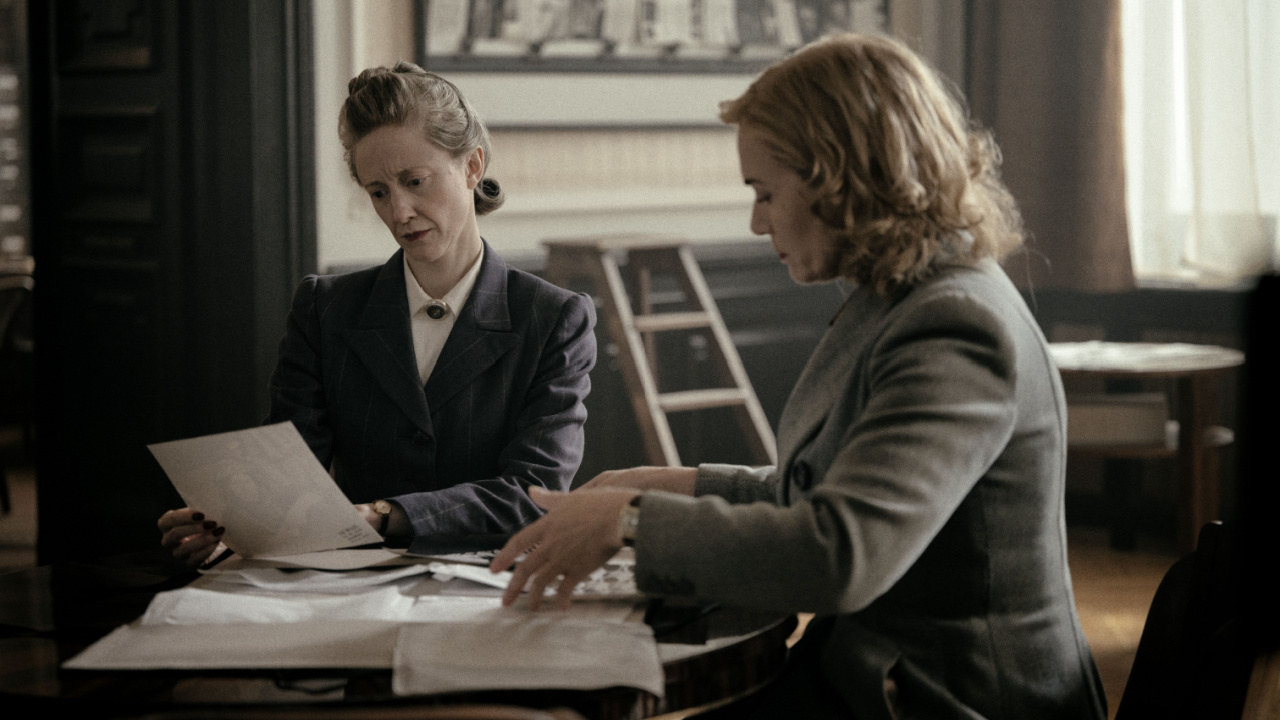
(L to R) Andrea Riseborough and Kate Winslet in 'Lee'. Photo: Kimberley French.
The problem with telling the story of someone’s life is that life itself is an often-rambling journey, full of highs and lows and rarely imbued with the kind of dramatic turns or climactic moments that are necessary for a film. As a result, most biopics run the risk of seeming shapeless and haphazard even as they follow a formulaic structure that tries to whip the events of the subject’s life into shape (this is why, say, Steven Spielberg’s ‘Lincoln’ is more successful, in that it focuses on one crucial episode in the subject’s life rather than encompassing them all).
As fascinating and complicated as Lee Miller apparently was, and as important as her work was to understanding an event that nearly brought civilization to its knees and realigned the world order for the foreseeable future, ‘Lee’ doesn’t have the narrative real estate to give us anymore than a snapshot of either the woman or her exploits. The result is a staid, self-important “and then this happened, and then we went here” approach that will leave most viewers, ironically enough, without a clear image of who Lee Miller was.
‘Lee’ receives 5.5 out of 10 stars.
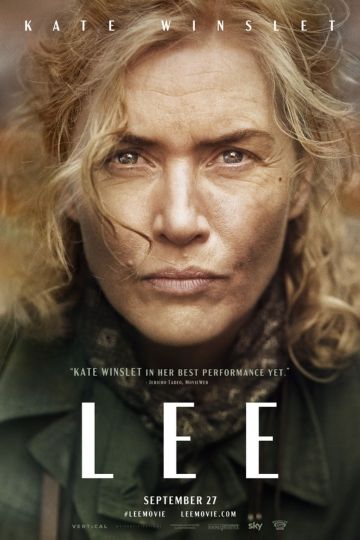
What is the plot of ‘Lee’?
Lee Miller (Kate Winslet) goes from a career as a model to enlisting as a photographer to chronicle the events of World War II for Vogue magazine.
Who is in the cast of ‘Lee’?
- Kate Winslet as Lee Miller
- Marion Cotillard as Solange d'Ayen
- Andrea Riseborough as Audrey Withers
- Andy Samberg as David Scherman
- Noémie Merlant as Nusch Éluard
- Josh O'Connor as Antony Penrose
- Alexander Skarsgård as Roland Penrose
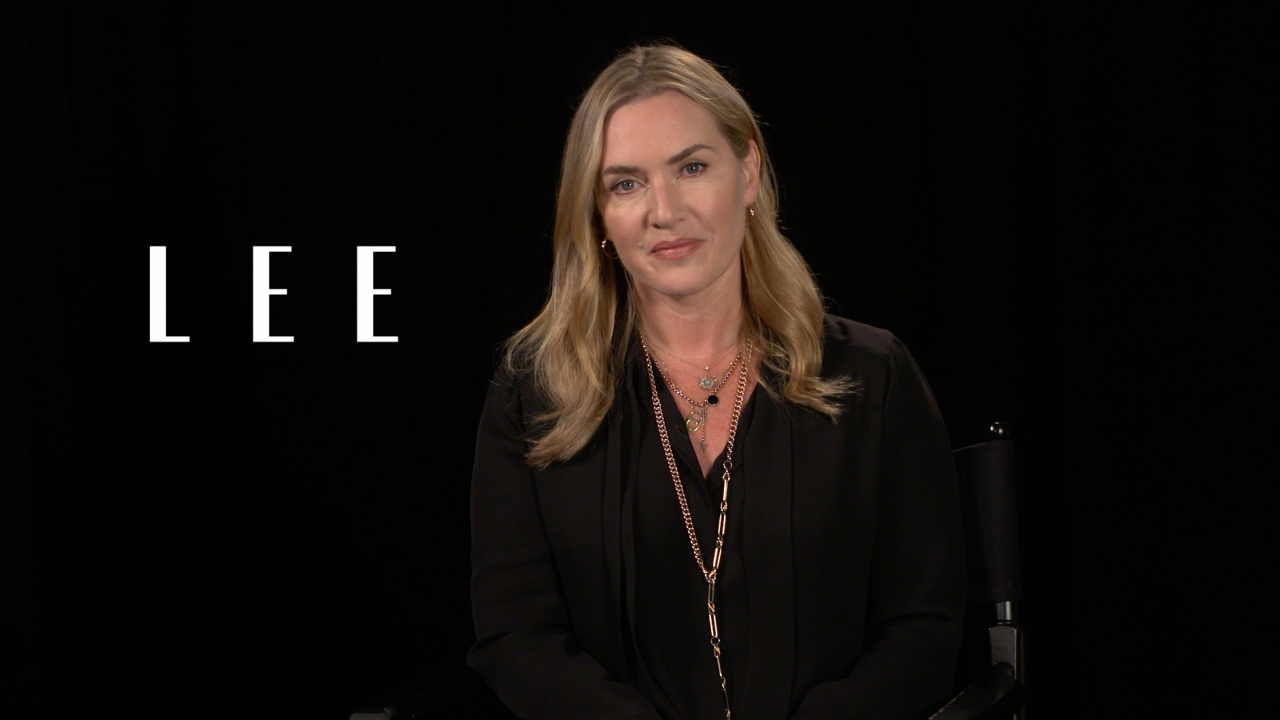
Kate Winslet stars in 'Lee'.
Kate Winslet Movies and TV Shows:
- 'Heavenly Creatures' (1994)
- ‘Sense and Sensibility' (1995)
- 'Titanic' (1997)
- 'The Life of David Gale' (2003)
- 'Eternal Sunshine of the Spotless Mind' (2004)
- 'Finding Neverland' (2004)
- 'All the Kings Men' (2006)
- 'Little Children' (2006)
- 'Flushed Away' (2006)
- 'The Holiday' (2006)
- 'The Reader' (2008)
- 'Revolutionary Road' (2008)
- 'Contagion' (2011)
- 'Mildred Pierce' (2011)
- 'Labor Day' (2013)
- 'Divergent' (2014)
- 'Insurgent' (2015)
- 'Steve Jobs' (2015)
- 'Triple 9' (2016)
- 'Collateral Beauty' (2016)
- 'The Mountain Between Us' (2017)
- 'Mare of Easttown' (2021)
- 'Avatar: The Way of Water' (2022)
- 'The Regime' (2024)
Buy Tickets: 'Lee' Movie Showtimes
Buy Kate Winslet Movies On Amazon












